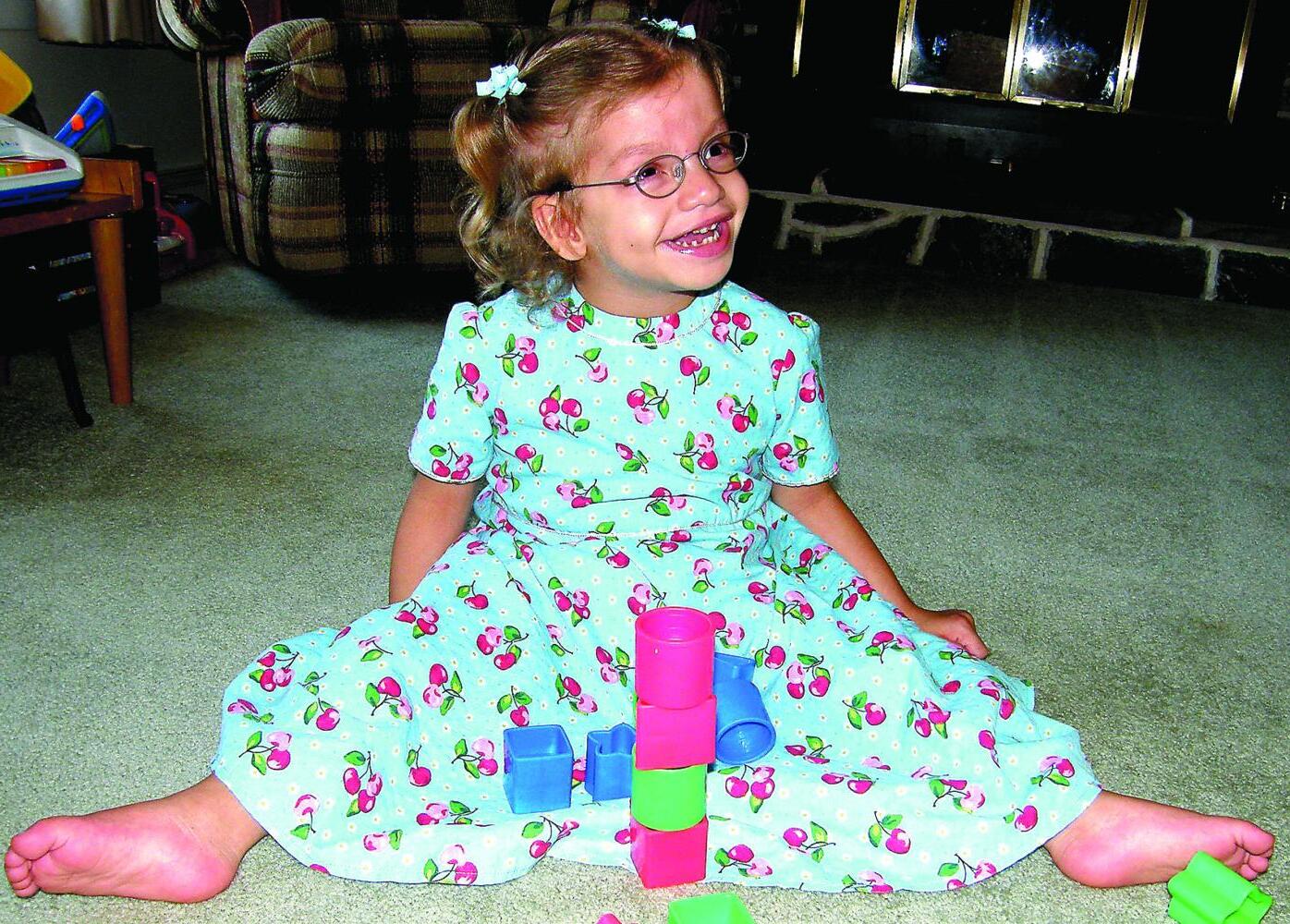
What is Pretzel Syndrome? Pretzel Syndrome, also known as Cohen-Gibson Syndrome, is a rare genetic disorder that affects multiple parts of the body. Named for the way some affected individuals can twist their limbs, this condition often involves unique facial features, growth delays, and skeletal abnormalities. Symptoms can vary widely but typically include joint hypermobility, distinctive facial characteristics, and developmental delays. Caused by mutations in the Cohen-Gibson gene, this syndrome is usually diagnosed through genetic testing. Understanding Pretzel Syndrome can help families and caregivers provide better support and care for those affected. Let's dive into 37 intriguing facts about this rare condition to shed light on its complexities and challenges.
Key Takeaways:
- Pretzel Syndrome, a rare genetic disorder, affects bone development and can cause hearing loss, vision problems, and joint pain. Early diagnosis and proper care are crucial for managing symptoms and improving quality of life.
- Ongoing research on Pretzel Syndrome aims to better understand the condition and develop more effective treatments. Support and resources, such as genetic counseling and specialized clinics, play a crucial role in helping individuals affected by the syndrome.
What is Pretzel Syndrome?
Pretzel Syndrome, also known as Craniometaphyseal Dysplasia, is a rare genetic disorder. It affects bone development, particularly in the skull and long bones. The name "Pretzel Syndrome" comes from the twisted appearance of bones in affected individuals.
- Pretzel Syndrome is a genetic disorder caused by mutations in the ANKH gene.
- The syndrome primarily affects bone development, leading to abnormal growth and shape.
- Individuals with Pretzel Syndrome often have craniofacial abnormalities, such as a prominent forehead and wide-set eyes.
- The condition can cause hearing loss due to abnormal bone growth in the ear.
- Pretzel Syndrome is inherited in an autosomal dominant pattern, meaning only one copy of the mutated gene is needed to cause the disorder.
Symptoms of Pretzel Syndrome
The symptoms of Pretzel Syndrome can vary widely among affected individuals. Here are some common signs to look out for.
- Delayed growth and development are common in children with Pretzel Syndrome.
- Dental abnormalities, such as delayed tooth eruption and misaligned teeth, are often seen.
- Respiratory issues can occur due to abnormal bone growth affecting the airways.
- Vision problems may arise from pressure on the optic nerves.
- Joint pain and stiffness are frequent complaints among those with the condition.
Diagnosis and Treatment
Diagnosing Pretzel Syndrome involves a combination of clinical evaluation, imaging studies, and genetic testing. Treatment focuses on managing symptoms and improving quality of life.
- X-rays are commonly used to identify characteristic bone abnormalities.
- CT scans can provide detailed images of the skull and other affected bones.
- Genetic testing confirms the presence of ANKH gene mutations.
- Hearing aids may be necessary for those with hearing loss.
- Orthopedic surgery can help correct severe bone deformities.
- Physical therapy is often recommended to improve mobility and reduce pain.
Living with Pretzel Syndrome
Living with Pretzel Syndrome can be challenging, but with proper care and support, individuals can lead fulfilling lives.
- Regular medical check-ups are essential to monitor bone growth and development.
- Nutritional support can help manage growth delays and maintain overall health.
- Speech therapy may be beneficial for those with speech difficulties.
- Support groups provide emotional support and practical advice for families.
- Educational accommodations can help children succeed in school despite learning challenges.
Research and Future Directions
Ongoing research aims to better understand Pretzel Syndrome and develop more effective treatments.
- Scientists are studying the ANKH gene to uncover how mutations lead to bone abnormalities.
- Animal models are being used to test potential therapies.
- Researchers are exploring gene therapy as a possible treatment option.
- Clinical trials are underway to evaluate new medications for managing symptoms.
- Advances in imaging technology are improving the accuracy of diagnoses.
Interesting Facts about Pretzel Syndrome
Here are some lesser-known facts about Pretzel Syndrome that might surprise you.
- The condition was first described in the early 20th century.
- Pretzel Syndrome is extremely rare, with only a few hundred cases reported worldwide.
- The name "Pretzel Syndrome" comes from the twisted appearance of affected bones.
- The disorder can affect both males and females equally.
- Some individuals with Pretzel Syndrome have normal intelligence, while others may have learning difficulties.
Support and Resources
Finding the right support and resources can make a big difference for those affected by Pretzel Syndrome.
- National Organization for Rare Disorders (NORD) offers information and support for families.
- Genetic counseling can help families understand the risks and implications of the disorder.
- Online communities provide a platform for sharing experiences and advice.
- Specialized clinics offer comprehensive care for individuals with rare genetic disorders.
- Educational materials can help raise awareness and understanding of Pretzel Syndrome.
Final Thoughts
Pretzel Syndrome is a complex and challenging condition, but with the right support and care, individuals can lead fulfilling lives. Ongoing research offers hope for better treatments and improved outcomes in the future.
- Awareness campaigns are crucial for increasing understanding and support for those affected by Pretzel Syndrome.
Final Thoughts on Pretzel Syndrome
Pretzel Syndrome, a rare genetic disorder, affects many aspects of a person's health. Understanding its symptoms, such as developmental delays and seizures, helps in early diagnosis and better management. Genetic testing plays a crucial role in identifying this condition, allowing families to seek appropriate medical care and support.
Treatment focuses on managing symptoms and improving quality of life. Regular check-ups, medications, and therapies can make a significant difference. Support groups and resources provide emotional and practical assistance to families navigating this challenging journey.
Raising awareness about Pretzel Syndrome is essential. By sharing knowledge and supporting research, we can improve the lives of those affected. If you suspect someone may have this condition, encourage them to seek medical advice. Early intervention can lead to better outcomes and a brighter future for individuals with Pretzel Syndrome.
Frequently Asked Questions
Was this page helpful?
Our commitment to delivering trustworthy and engaging content is at the heart of what we do. Each fact on our site is contributed by real users like you, bringing a wealth of diverse insights and information. To ensure the highest standards of accuracy and reliability, our dedicated editors meticulously review each submission. This process guarantees that the facts we share are not only fascinating but also credible. Trust in our commitment to quality and authenticity as you explore and learn with us.


